Advertisement
2021 Boston Mayoral Race
Boston Mayoral Candidates Address City's Racial Wealth Gap
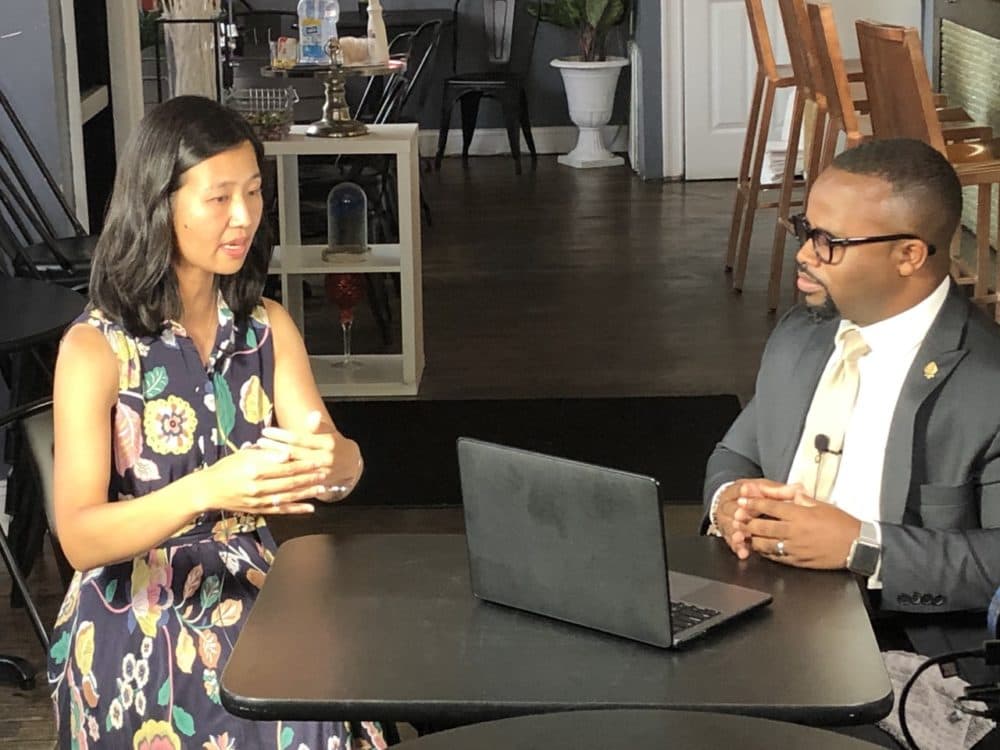
All the major Boston mayoral candidates say they have ambitious plans to take on one of the most stubborn problems facing the city: The glaring racial wealth gap.
One of the best known studies on the wealth gap came from the Federal Reserve Bank of Boston in 2015. It found the median net worth of white households in Greater Boston was a quarter million dollars. For non-immigrant Black families, it was just $8.
"Boston's racial wealth gap is one of of the largest in the country," said Michelle Wu at a recent event in Roxbury, sponsored by the Boston Alphas, a chapter of the country's first Black intercollegiate fraternity.
Wu pointed out that one of the biggest drivers of the gap is the disparity in home-ownership, which helps families build wealth. In Boston, only about a third of Black families own homes, half the rate for white families.
"It seems unjust, unfair, and we have to do something to change that for my daughter's sake," responded Jaron Green, an executive board member with the Alphas.
To close the wealth gap, Wu favors measures to make it easier for Boston's Black and brown residents to own homes and businesses — from upping the number of city contracts for Black-owned businesses to spending at least $200 million in federal relief funds on new affordable housing.
Acting Mayor Kim Janey recently expanded a program to help first-time home buyers with down payments and closing costs.
"We have to be honest about how we got here: discriminatory policies that prohibited folks that look like me and you from buying homes — for generations," Janey said at a recent mayoral forum sponsored by the Boston NAACP. "We need [home] ownership. That is how you build wealth."
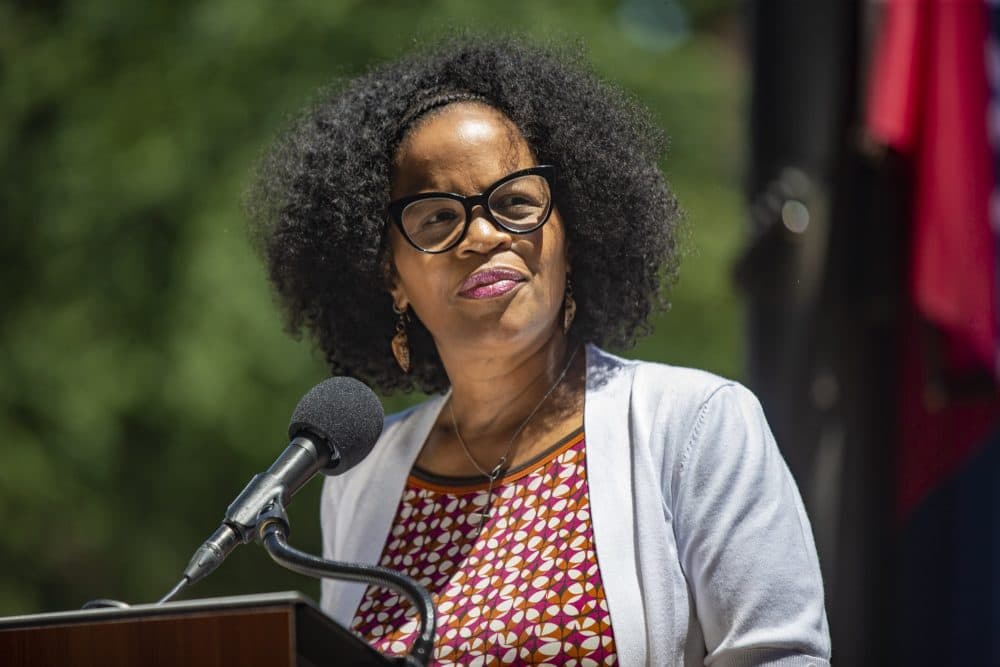
And the other major candidates have unveiled ideas of their own. Councilor Annissa Essaibi George wants to establish an economic justice task force to examine racial discrimination and other problems.
And John Barros, another candidate and the city's former economic development chief, said he wants more investors and business owners of color to participate in major projects.
Barros says closing the racial wealth gap is both a moral imperative and smart economics.
"We stand to lose a lot in our financial impact, economic impact, of our city," Barros said. "And we can gain a lot, in fact, if we can if we can bridge that and eliminate that gap."
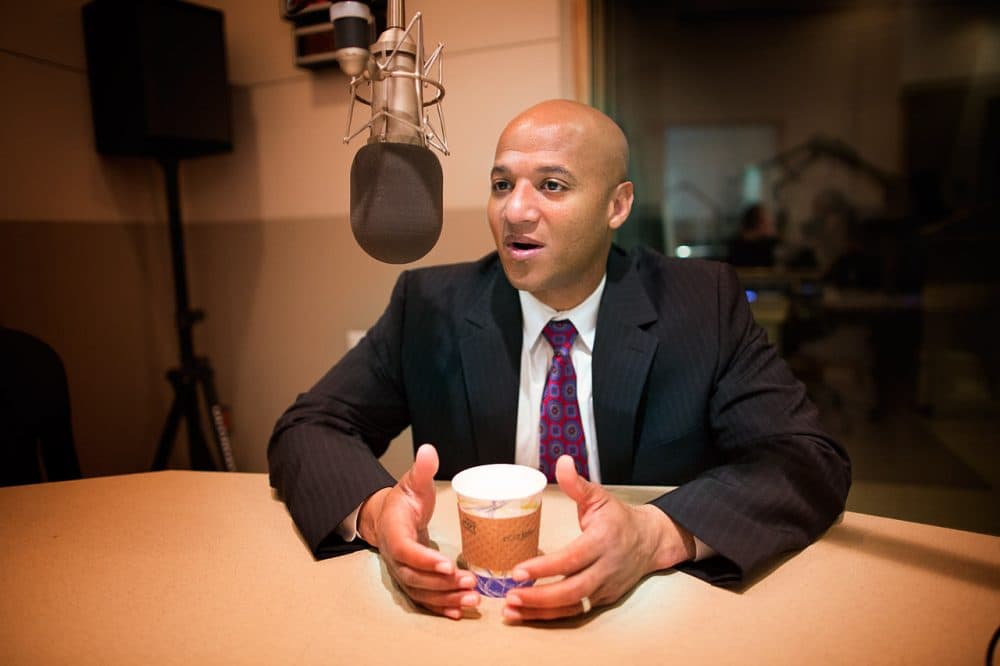
Another study from The Massachusetts Taxpayers Foundation supports that argument. It found that if Massachusetts could close the economic divide, the state's gross domestic produce would increase by $25 billion over five years.
"Just to put that in context, that's the equivalent of creating about 100,000 more jobs," said Eileen McAnneny, the foundation's president.
But McAnneny says the racial divide in Massachusetts has actually widened over the decades, despite numerous efforts to narrow it, which raises another question:
Can the next mayor of Boston even make a difference?
"Yes," insists Sen. Elizabeth Warren, who has made closing the racial wealth gap a national priority.
Warren says the country needs leaders in Washington to tackle national issues around taxation and spending. "That's what I work on," she said.
But Warren says mayors can do a lot to reduce wealth inequality, including improving public schools, which she argues is essential to lifting children out of poverty. They can also expand affordable childcare, which would provide a big financial boost to working Black and brown families. And Warren said mayors can avoid handing out big property tax breaks to large corporations, which siphons public money away from essential programs.
Advertisement
"Too many mayors around the country have given away too much and eroded the tax base, and that just exacerbates the the inequalities," Warren said. "It leaves less money to be able to invest in public education and child care. And that's why who gets picked as mayor matters."
It also matters that the current field of candidates is historically diverse, which means that when some of them talk about how to close the wealth gap, it's personal.
"I grew up in public housing. I never lived in a home that was owned by my parents," said Andrea Campbell, as she campaigned recently in Charlestown.
"When I bought my home in Mattapan with my husband, it was the first time that I became a homeowner," she continued. "And I talk about the emotion because I knew then I was breaking cycles of poverty and that my two boys would then grow up, of course, with this asset that I could pass on to them. Much of my plan talks about how the city of Boston can provide just that."
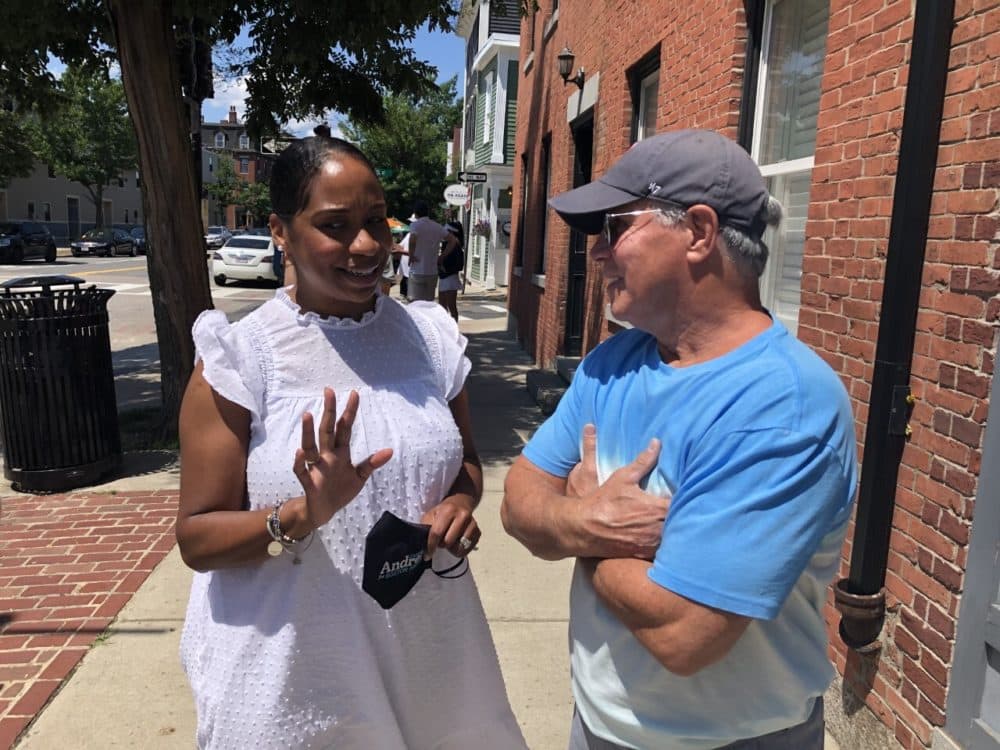
Campbell and her fellow candidates are in an especially good position to confront these challenges because they have lived them, according to Leslie Reid, chief executive officer of the Madison Park Development Corporation in Roxbury.
Reid said whoever becomes Boston's next mayor won't be rowing this boat alone because even Gov. Charlie Baker is aboard with his own effort to push home-ownership to address the racial wealth gap.
"It's fabulous, right?" Reid said. "Who would have ever thought we would be in a moment where ... a six-foot-four white Republican would be talking about racial disparity in housing? So, we have all of the ingredients to do things differently."
Reid says doing things differently means doing them more equitably.
In Boston, that's what most politicians, including the candidates for mayor, are focused on.
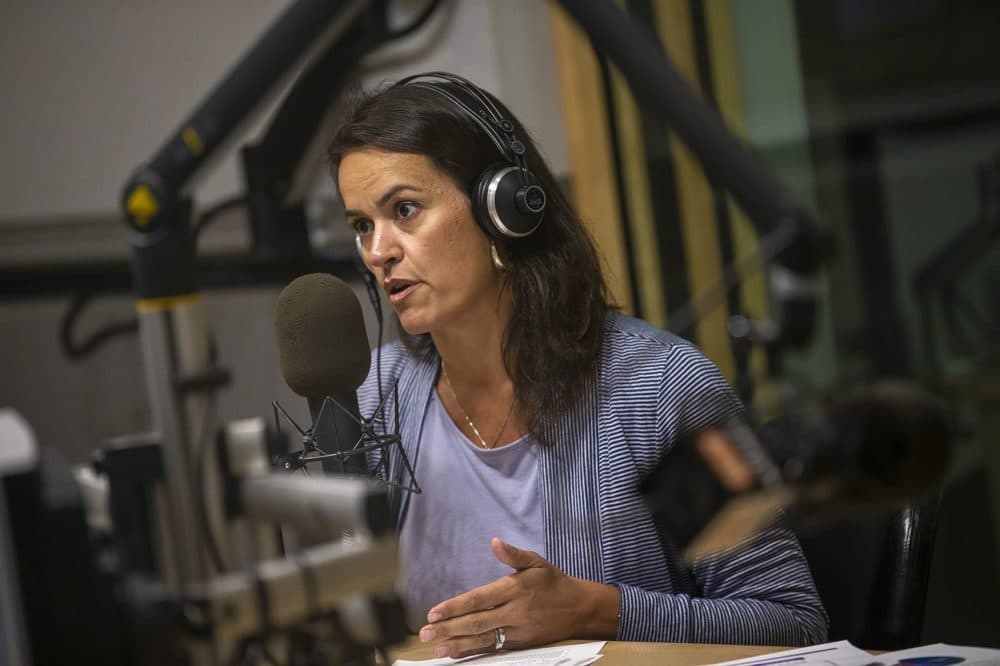
Candidates On Closing The Racial Wealth Gap
Here are some highlights from each of the major candidates' proposals:
John Barros
- Create more pathways to higher education and high-paying jobs.
- Test a minimum guaranteed income program.
- Boost participation of BIPOC investors and contractors in large development projects.
- Expand the Tuition Free Community College.
Andrea Campbell
- Support ownership of businesses and property, particularly in communities of color.
- Increase access to banking in underserved communities, including Roxbury, Dorchester and East Boston.
- Expand the Boston Saves program to help more students pay for higher education and job training.
- Create “opportunity accounts” that seed savings for every child at birth.
Annissa Essaibi George
- Establish a Justice Task Force to address racial discrimination and other issues.
- Ensure fair access to housing, credit, and financial service.
- Explore direct cash payments from the city for struggling residents.
- Support home ownership and access to capital in underserved communities.
Kim Janey
- Invested $2.4 million in Boston Home Center’s first-time Homebuyer Program.
- Support small businesses owned by women and people of color through temporary lease subsidies.
- Provide vocational training.
- Bolster requirements for employing residents and people of color in construction projects.
Michelle Wu
- Attract and invest in Black businesses.
- Implement Boston's Green New Deal, in part to close racial wealth gap.
- Require equitable city contracting.
- Promote home ownership and housing justice.
This segment aired on August 4, 2021.
